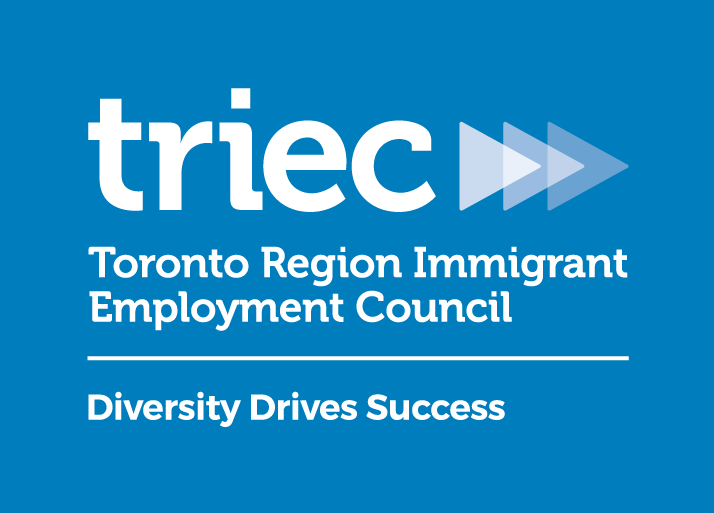Consent(Required) I have read and accepted TRIEC’s Terms of Use and Privacy Policy.
Terms of Use
 To date, over 27,190 Syrian refugees have arrived in Canada since November 2015. Over 5000 of these have settled in the GTA so far with a total of 7000 expected by the end of 2016. With so many already here, the focus is now on how best to help them integrate and find employment.
To date, over 27,190 Syrian refugees have arrived in Canada since November 2015. Over 5000 of these have settled in the GTA so far with a total of 7000 expected by the end of 2016. With so many already here, the focus is now on how best to help them integrate and find employment. 
